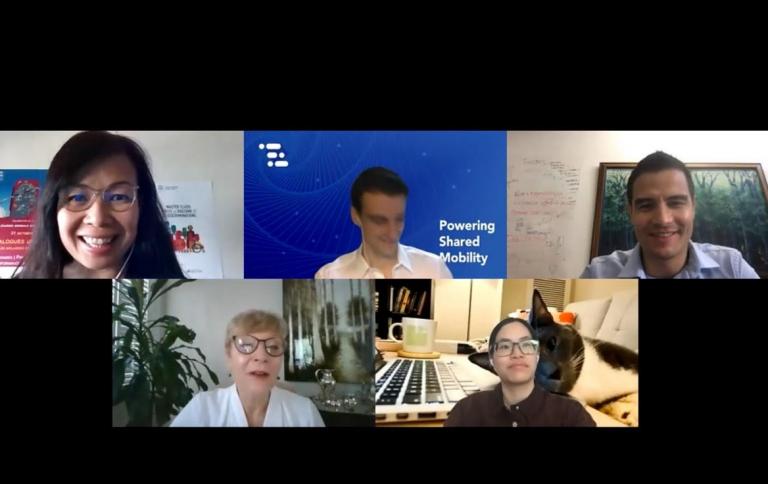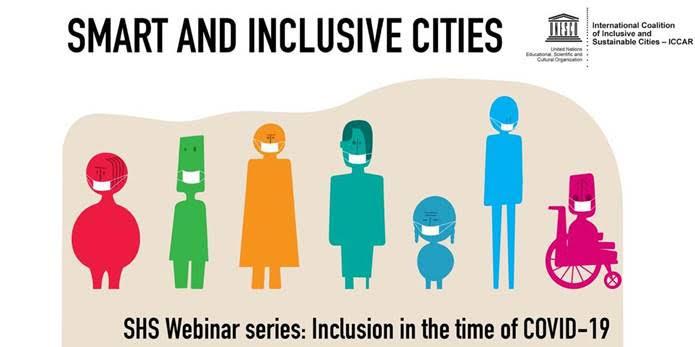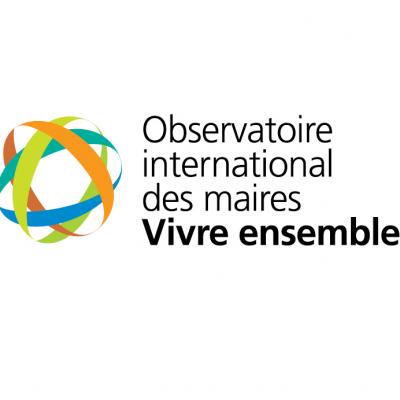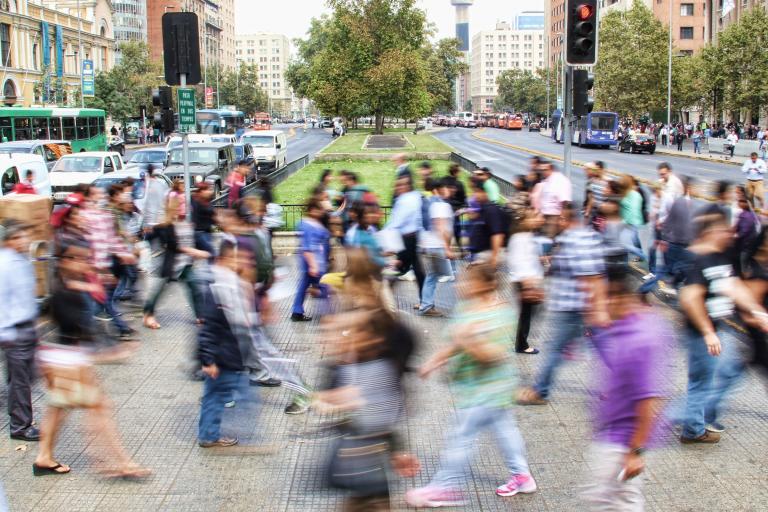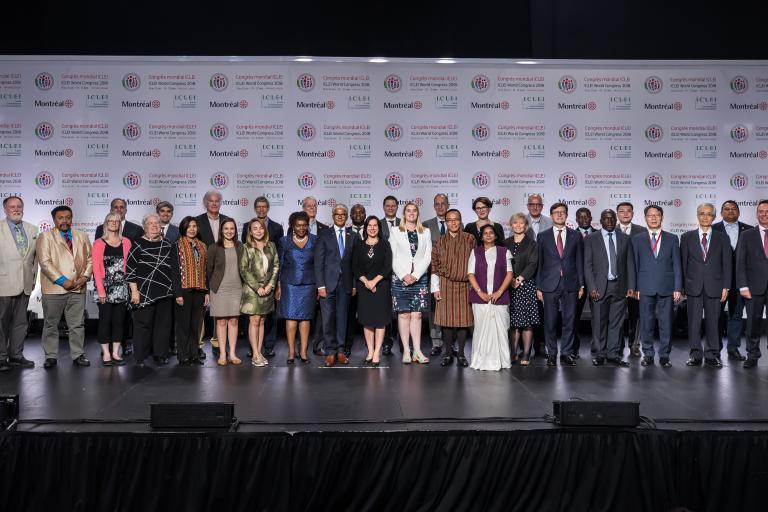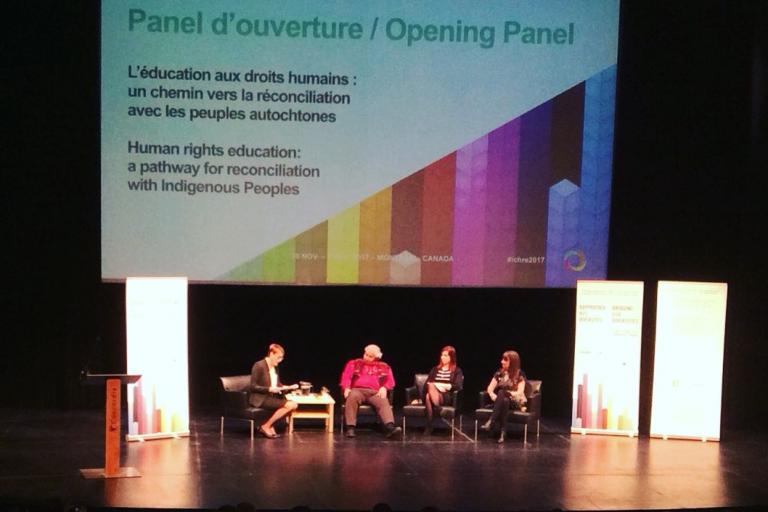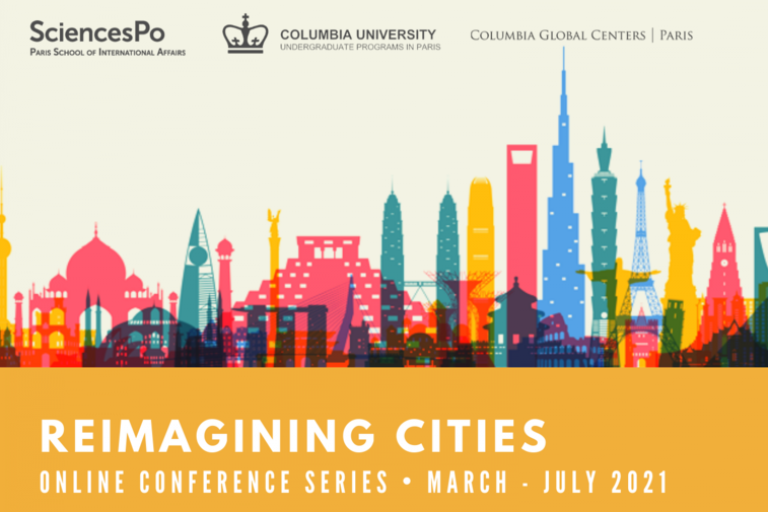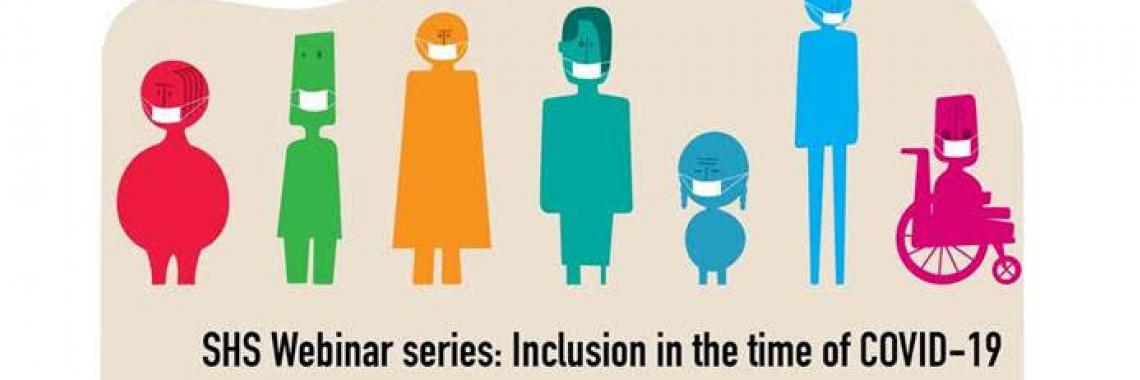
UNESCO webinar on smart and inclusive cities
A webinar on "smart and inclusive cities", organized by the UNESCO's International Coalition of Inclusive and Sustainable Cities (ICCAR) with the special collaboration of the Observatory was held on 21 July.
As local governments recover from the impacts of COVID-19 that brought them to the front lines, the need to plan for the post-crisis era requires policy strategies that aim to construct tomorrow's smart cities where the quality of life, health and well-being of citizens are guaranteed.
As incubators for innovation and sustainability, smart cities have risen to the pandemic’s challenges by utilizing data hubs, as well as digital and online tools, in order to optimize the efficiency of public services and to cater to the needs of their populations. But the COVID-19 pandemic has also demonstrated that governance which centered on inclusivity, fostering a whole-of-community approach that ensures “no one is left behind”, proves to be a crucial component for resilience and recovery.
Ms Magda Popeanu, Vice-chair of the Executive Committee, Responsible for culture at Ville de Montréal, Mr. Juan Sebastián González, Deputy Secretary of Information Technologies at the City of Medellin, Ms Seleta Reynolds, Head of the Department of Transportation at the City of Los Angeles and Ms Vivian Shaw, Head researcher of the AAPI COVID-19 Project at the Harvard University participated to this event, which is part of a series of webinars against racism, discrimination and exclusion.
This webinar targeted national/local policymakers and stakeholders, international and regional organizations, academics, students and NGOs. Speakers will include global experts and city authorities in order to unlock a deeper understanding of a number of critical issues underlying the pandemic in order to act in the present and anticipate the future.
